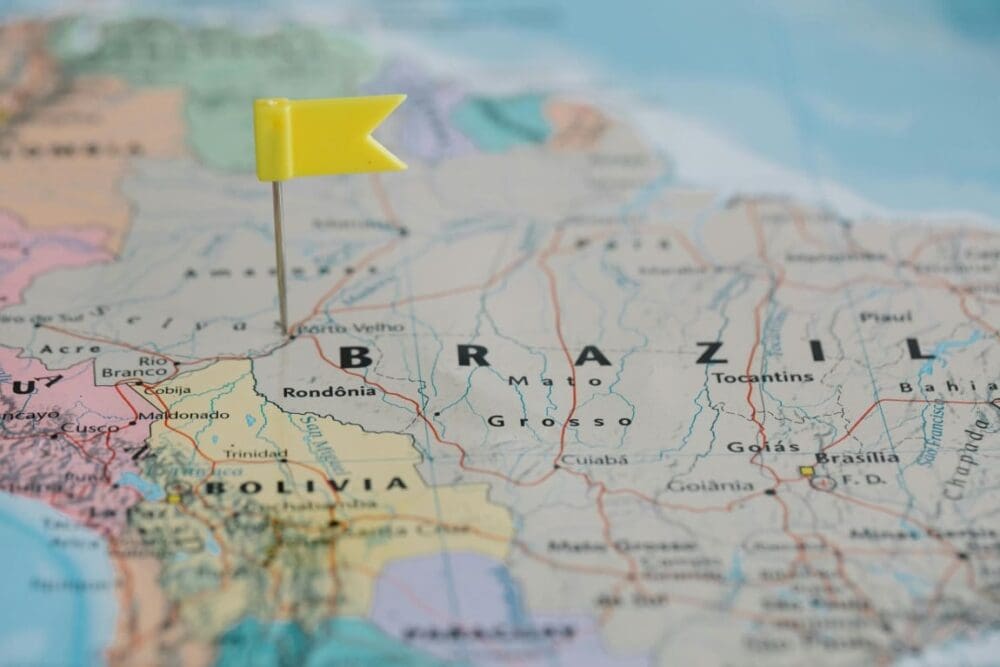WASHINGTON, DC – The World Bank Board of Directors approved a substantial new investment to increase access to water and sanitation for about one million people in rural Pernambuco, in the northeast of Brazil.
About 82 percent of Pernambuco’s total population has access to safe water supply systems, and only about 31 percent are connected to sewerage networks. In rural areas, these figures drop significantly, with only 37 percent having access to water supply systems. Moreover, many existing systems break down frequently, due to inadequate maintenance or drying-up water sources.
To address this situation, the Pernambuco Rural Water and Sanitation Project (PROSAR) aims to improve access to sustainable and safely-managed rural water supply and sanitation systems, by upgrading existing systems and developing new essential water sources which will be more resilient to droughts induced by climate change.
Additionally, PROSAR will support the development of institutional capacity within Pernambuco’s government agencies responsible for water resource management and service delivery, offering technical assistance and training to enhance efficiency and effectiveness.
The project will also work with local communities to plan, implement, and maintain infrastructure, fostering community ownership and participation, while also establishing mechanisms for monitoring and evaluating the performance of water supply and sanitation systems to ensure that they meet quality and sustainability standards.
The project aims to promote inclusion by addressing the obstacles that impede access by vulnerable groups, including women, children, and young rural inhabitants. By providing better sanitation, it seeks to diminish waterborne diseases, especially for children.
Better access to clean water will also help to empower women in rural communities: because the work of fetching water and caring for sick family members often falls to women, improved water infrastructure can free up their time, thus enabling women to pursue other opportunities such as for education and economic participation.
PROSAR is about to embark on a highly significant stage of the current state government, which is the mission of bringing water to rural areas. This is a challenge that has not been properly addressed over time, in Pernambuco and in most states in the Northeast and throughout Brazil.
Pernambuco has two million people living in rural areas and these people have been largely invisible to regular water and sanitation services over time. In part, this is also because water sources were insufficient.
“PROSAR will support the state in expanding water supply services in rural areas, including, for example, the use of water from large pipelines, as in the case of the Agreste Pipeline, which is beginning to receive water from the São Francisco River,” stated Almir Cirilo, Secretary of Water Resources and Sanitation of Pernambuco.
“Our investment in the Pernambuco Rural Water and Sanitation Project reflects the World Bank’s steadfast commitment to improve community resilience to climate impacts while fostering sustainable service delivery and development. By expanding access to essential water and sanitation services, we aim to improve the lives of people that are still facing significant hardships in rural areas in Pernambuco,” said Johannes Zutt, World Bank’s Country Director for Brazil.
This investment includes a US$90 million loan from the World Bank and an additional US$23 million from the State Government of Pernambuco. It has a final maturity of 21 years and 6 months, including a grace period of 8 years.
More information: The World Bank – Press Release; Featured image credit: Lara Jameson | Pexels




